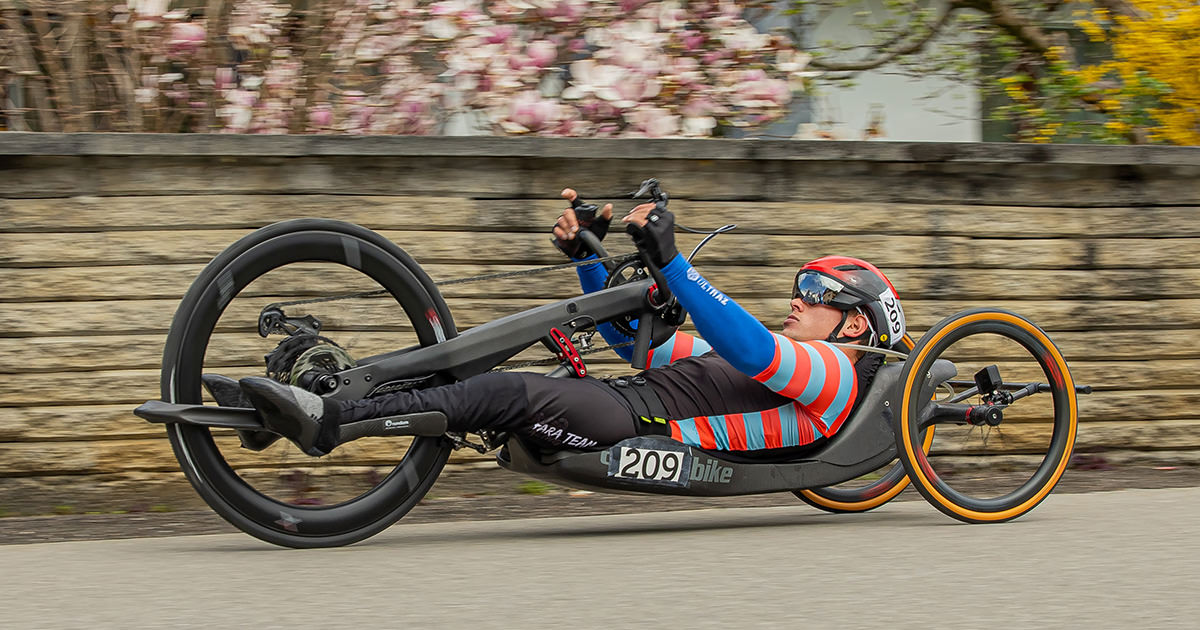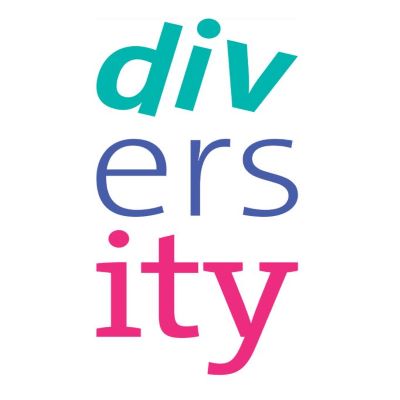Diversity
Top-class sport and everyday office life: Fabian's search for balance
Fabian Recher's everyday life is a mixture of World Cup and office - how does he master this challenge? And what additional hurdles does he have to overcome as an incomplete paraplegic? In his search for the much-cited balance, Fabian realized that not everything is possible at the same time - professional sport, recreation, private life, work. He adjusted his workload accordingly. Since then, everything has worked out a little better.

